MaxPlus Multi-Product Shipper Protects Plasma, RBCs, & Whole Blood
Shipping and distribution of blood and blood products can be challenging and are complicated by diverse operational needs and compliance requirements. Max Q is responding…
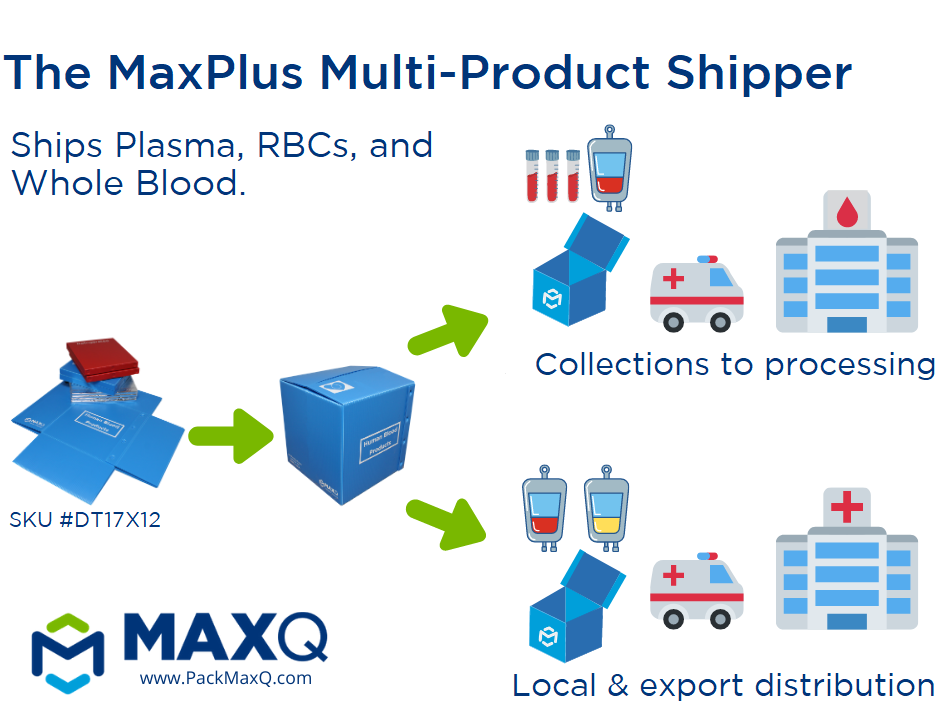
Shipping and distribution of blood and blood products can be challenging and are complicated by diverse operational needs and compliance requirements. Max Q is responding…
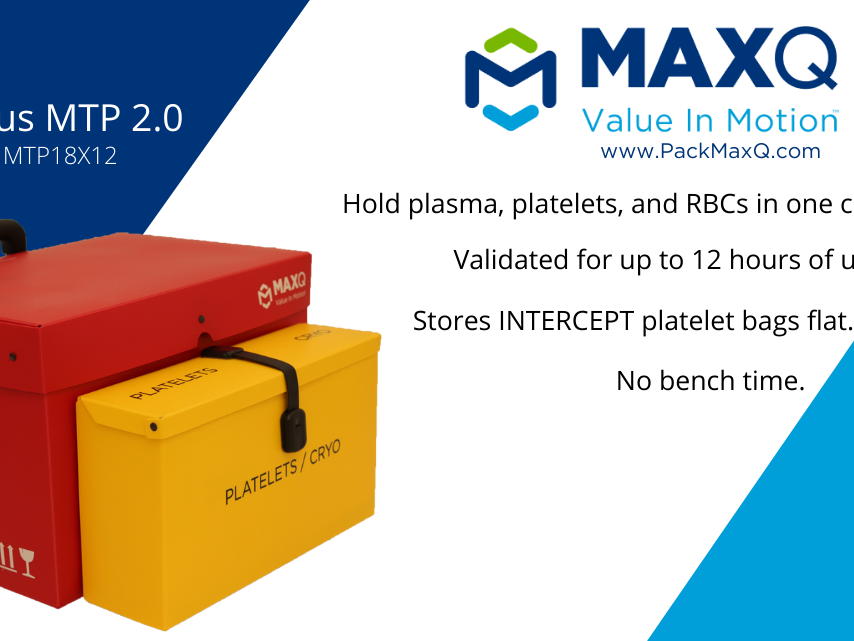
Multi-Product MTP Cooler helps improve response time and decrease blood product waste MaxPlus Massive Transfusion Protocol Coolers are designed to accommodate all MTP needs. They store 1-6 units of red blood cells, 1-6 units of thawed plasma (warm or chilled) and 1-2 platelet units at optimal temperatures for up to 12 hours. Introducing the new […]
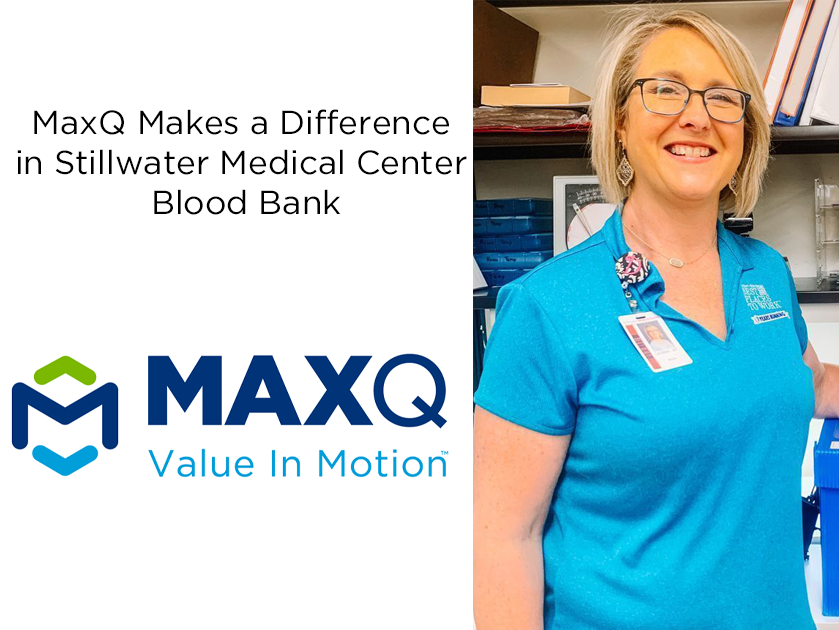
As Stillwater Medical Center moved their outpatient transfusion center off site, they realized a need for a new way to transport blood products – enter MaxQ.

Employed by several state health departments, hospitals, and clinics, the MaxPlus Vaccine Coolers are enabling efficient and rapid administration of vaccines across the United States and abroad.
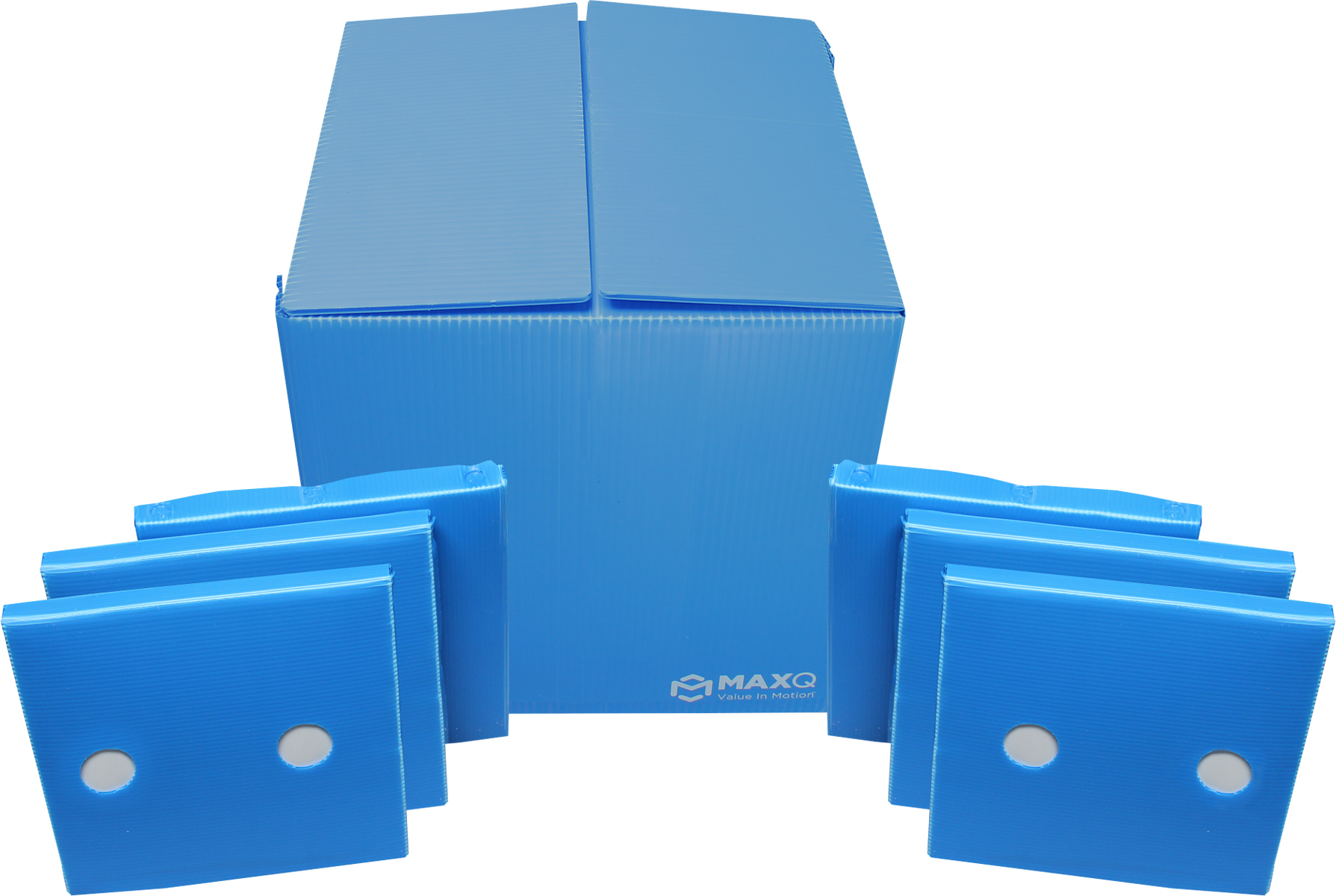
Shipping plasma requires a hefty amount of dry ice per shipment, resulting in bulk packaging and higher costs, involving hazards and specialized training. MaxQ has an “ice free” solution.

MaxQ presented its innovation on dynamic energy response for cold chain shipments using its patented MaxTrace™ technology.

With duration up to 12 hours and universal pack-outs, new vaccine coolers make a timely impact in health departments and immunization programs across the United States and around the globe.
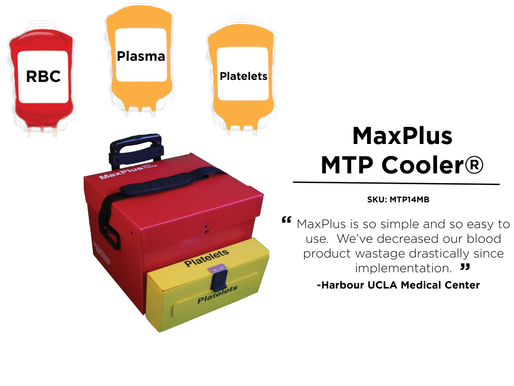
Blood banks have to tackle several operational risks, especially during trauma situations. Study results show that the MaxPlus MTP Cooler can significantly improve transfusion service efficiency, while reducing total costs.
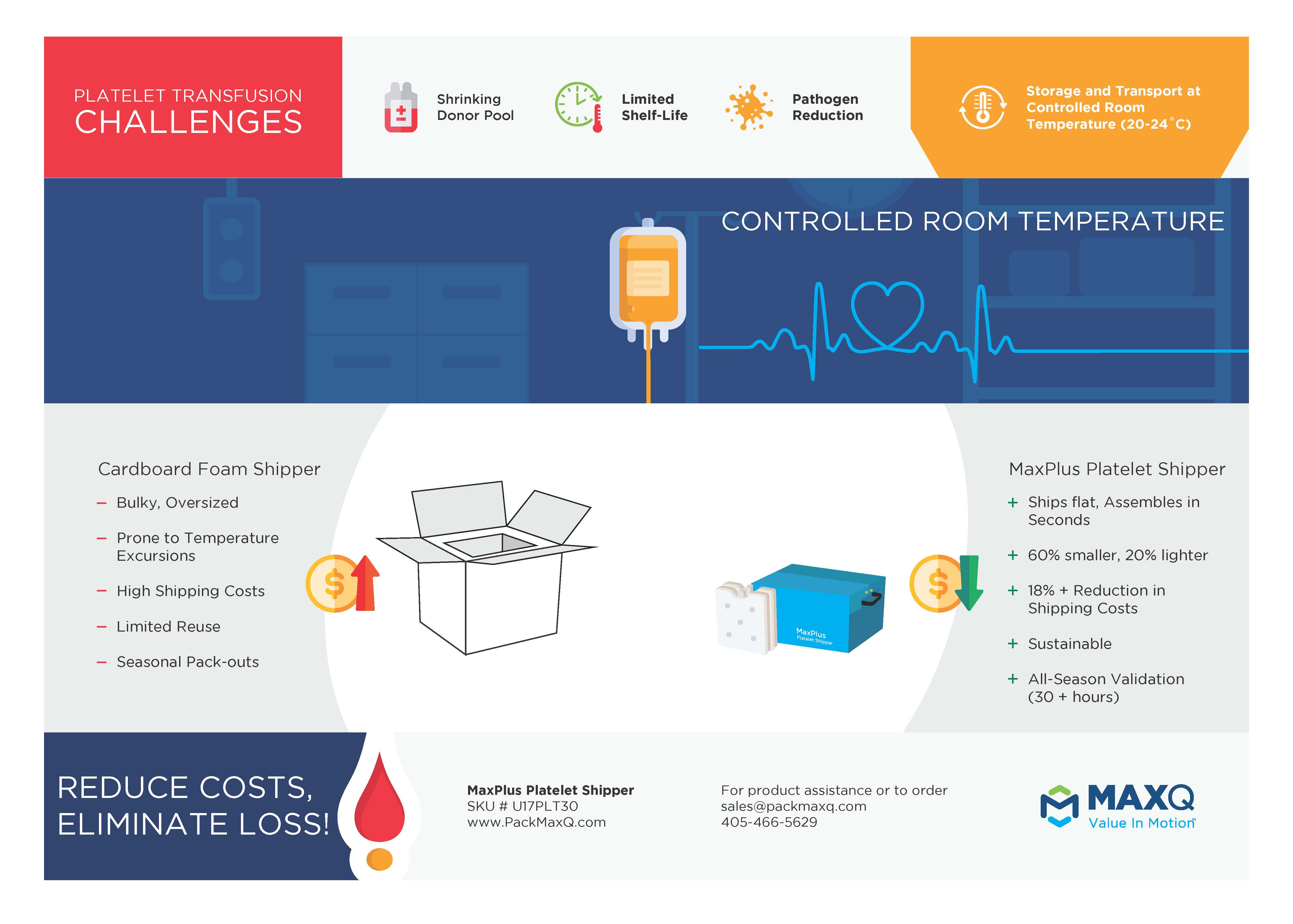
With the shrinking donor pool, limited shelf-life and pathogen reduction costs, it is increasingly critical to avoid loss of platelet units during transport and storage.
Testing custom footer content area in maxq/footer.php file